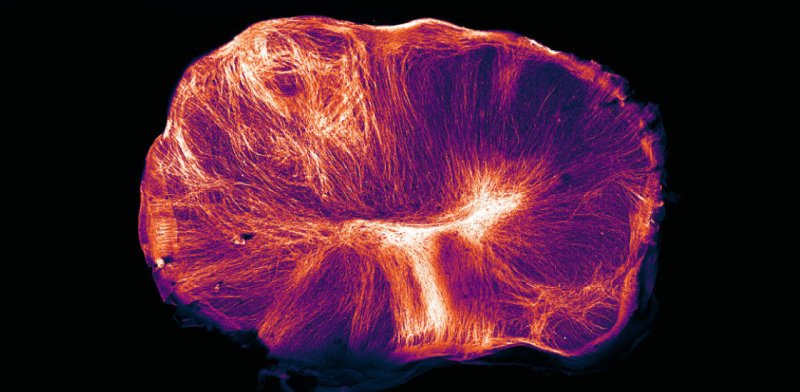Though no bigger than a pea, organoids hold enormous promise for improving our understanding of the brain: They can replicate aspects of human development and disease once thought impossible to observe in the laboratory.
…
Yet the study of brain organoids can also be fraught with ethical dilemmas. “In order for it to be a good model, you want it to be as human as possible,” said Hank Greely, a law professor at Stanford University who specializes in ethical and legal issues in the biosciences. “But the more human it gets, the more you’re backing into the same sorts of ethics questions that are the reasons why you can’t just use living humans.”
…
Organoids don’t fall into a neat category for committee oversight: They’re not exclusively human-subject research, or animal research, or ex vivo stem cell research. “There’s no regulatory structure necessarily for organoids,” Greely said.
…
Ethicists and scientists are now working together to figure out whether organoids warrant their own rules. The ethical discussions are progressing at a fast clip, well ahead of the science. The National Institutes of Health has sponsored meetings and workshops, and there’s been talk of creating another kind of oversight committee.































